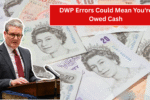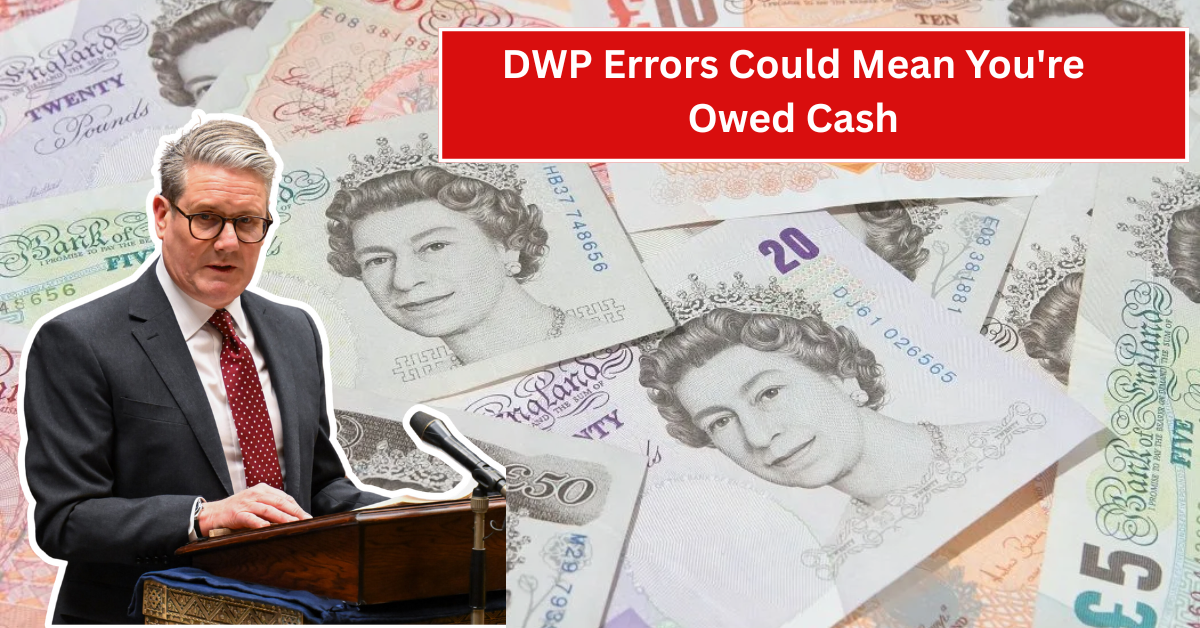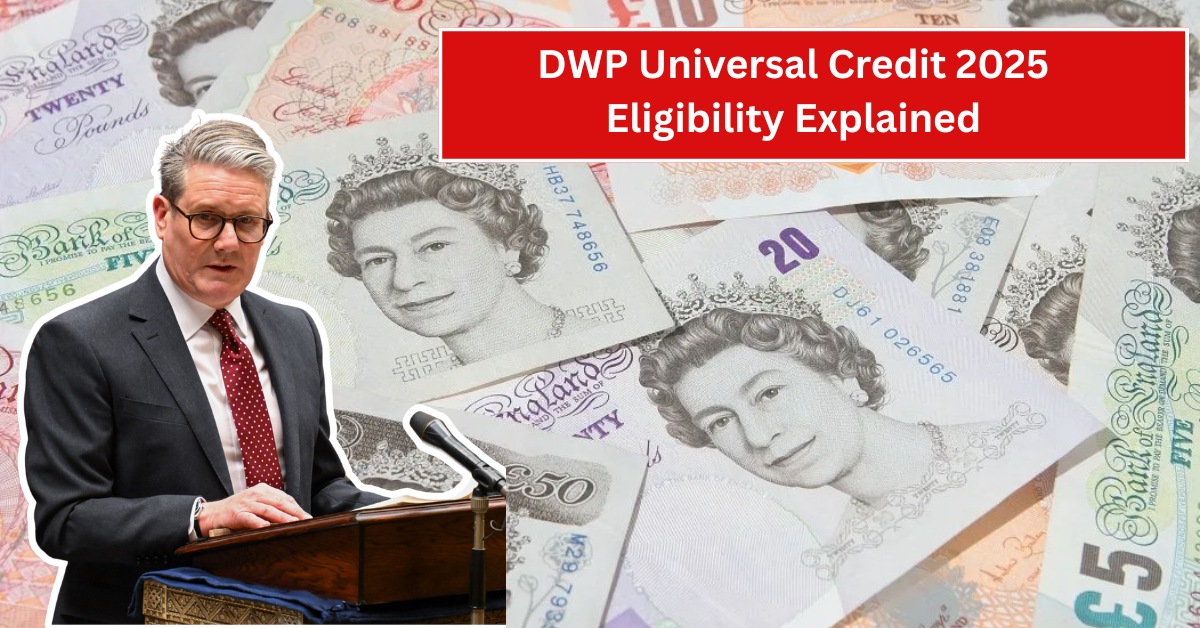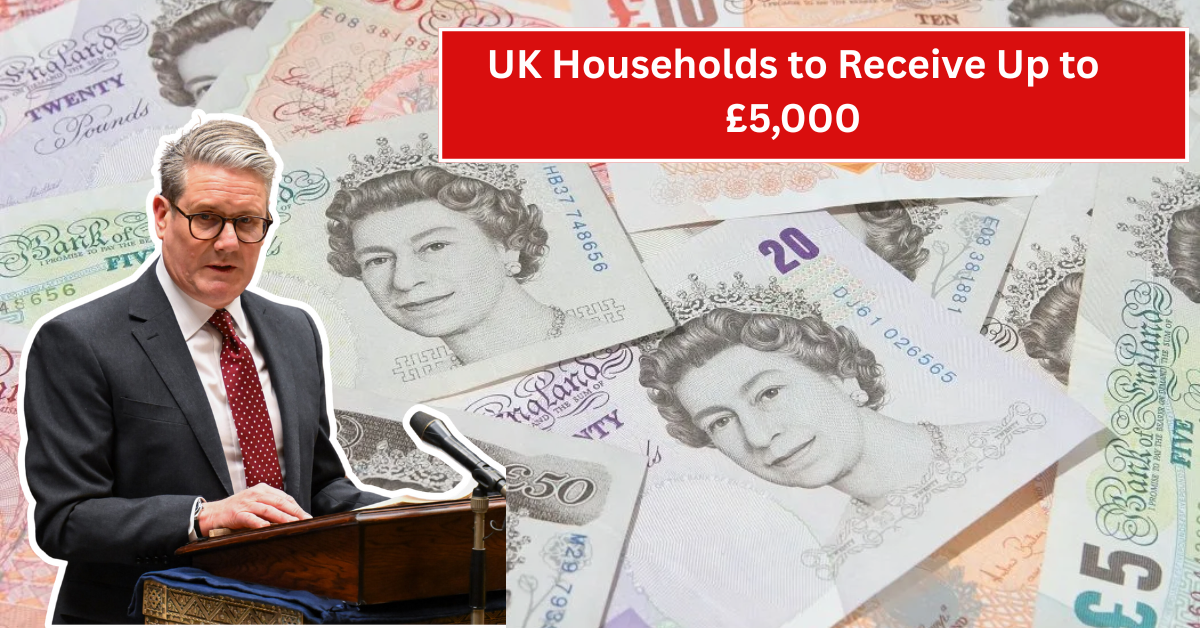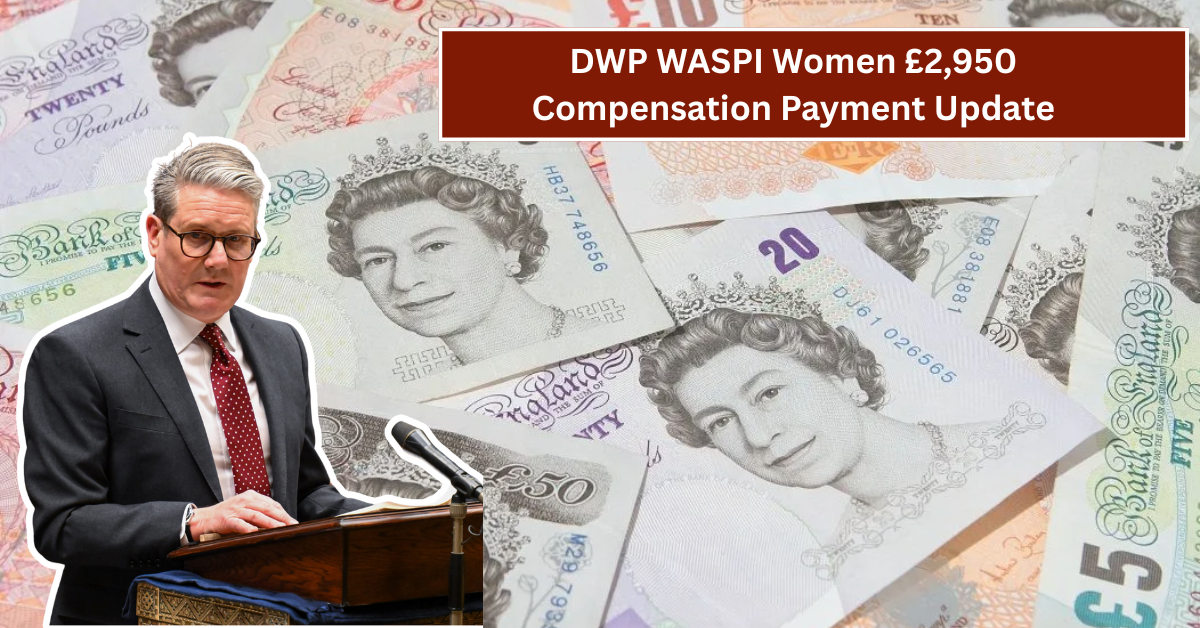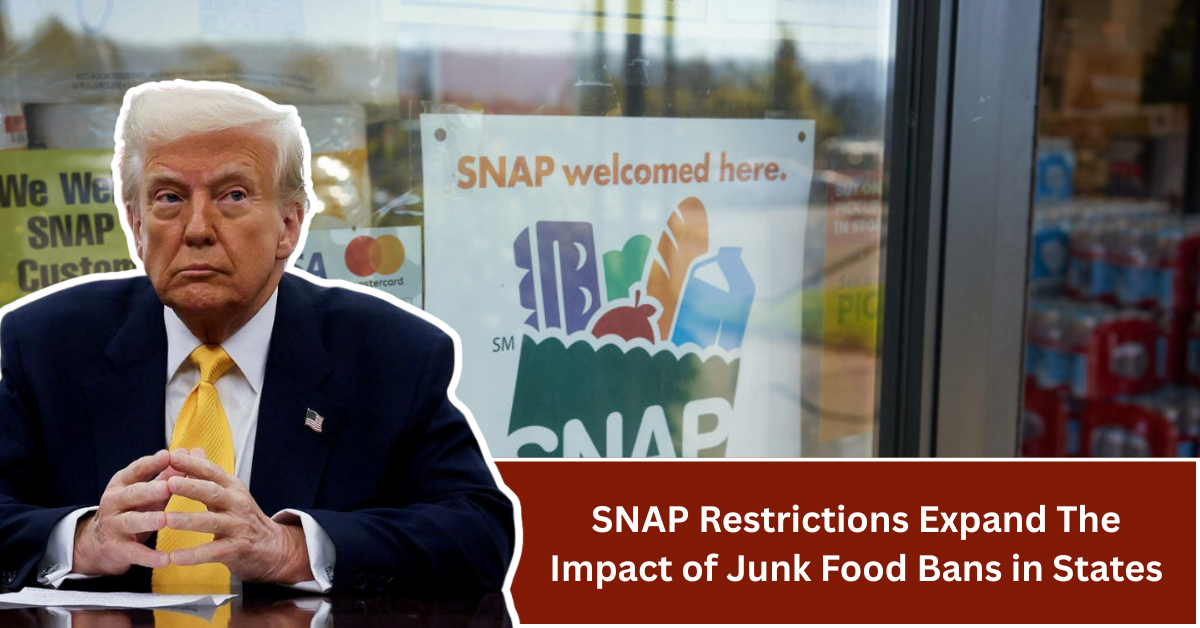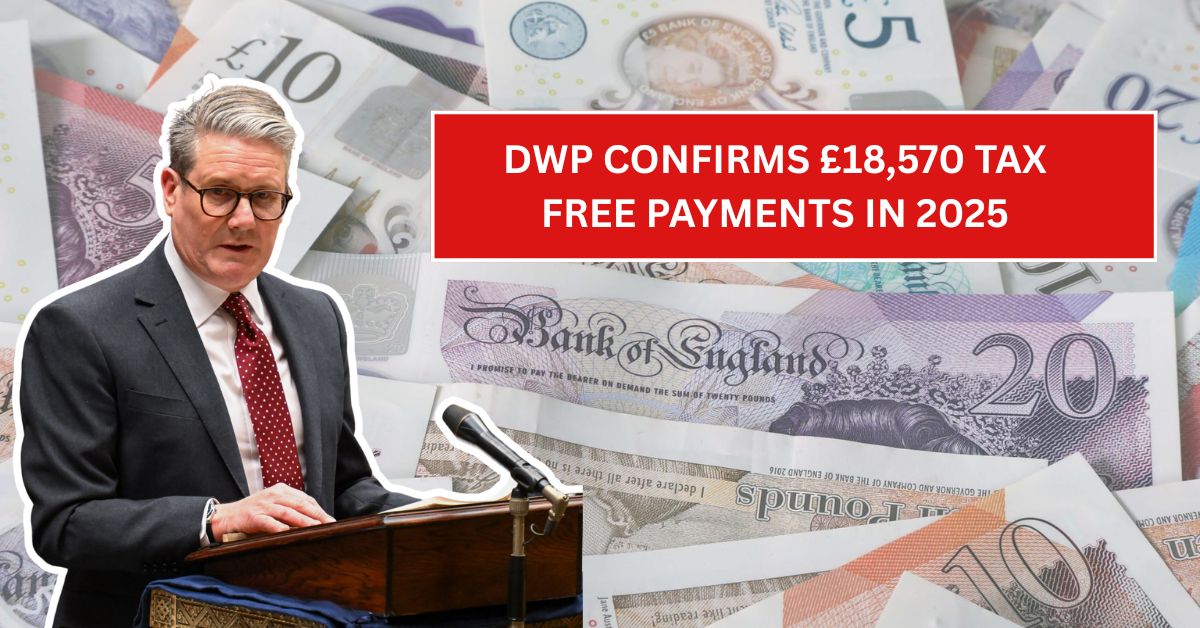
In 2025, the UK government has confirmed a major tax-free payment scheme through the Department for Work and Pensions (DWP). Under this, eligible households could receive up to £18,570 without paying any tax on it. If you or someone in your family receives benefits, this could be a major support system for dealing with the rising cost of living.
Let’s break this down in simple words so you can understand how much money is being offered, who can get it, and what it means for you.
What Is the £18,570 Tax-Free Support?
This Article Includes
The DWP has announced that certain benefits and one-off payments given to people in 2025 will not be taxed, even though the total can go up to £18,570 per year. These include:
- Universal Credit
- State Pension
- Personal Independence Payment (PIP)
- Carer’s Allowance
- Child Benefit
- Winter Fuel Payments
- Cost of Living Payments
Even if you receive more than one type of benefit, the total combined value of these remains tax-free – meaning, it’s yours to keep, without deductions.
Why Is This Important?
Many families in the UK are struggling with high food prices, energy bills, rent, and other everyday costs. Getting tax-free payments can really help in such situations. The aim of this support is to make sure that low-income families, elderly citizens, and those with disabilities are not left behind.
The extra income can help with:
- Paying bills
- Buying groceries
- Covering heating costs during winters
- Managing childcare
- Reducing financial stress
Who Is Eligible for This £18,570?
Not everyone will receive the full £18,570. But if you qualify for multiple DWP benefits, your combined total support could reach that amount. Here’s a breakdown of who might qualify:
1. Universal Credit Claimants
People who are unemployed or on a low income.
2. State Pensioners
Those who are retired and receiving the basic or new State Pension.
3. PIP Claimants
People with long-term physical or mental health conditions or disabilities.
4. Carers
Those who provide unpaid care to someone with a disability may be eligible for Carer’s Allowance.
5. Families with Children
Child Benefit is available for people raising children under 16 (or under 20 if they stay in education).
6. Low-Income Families or Pensioners
Winter Fuel Payments and Cold Weather Payments are designed to help with heating costs.
7. Recipients of Cost of Living Payments
In 2025, cost of living payments worth up to £900 will be given again to some low-income households.
What Are the Tax Rules?
Usually, some benefits are non-taxable, while others are taxable if your income crosses a certain threshold. But in this 2025 scheme, even those who receive multiple payments don’t have to worry about paying tax on up to £18,570.
This means you can keep:
- Your entire Universal Credit amount
- Full Winter Fuel Payment
- Cost of Living Payment
- Carer’s Allowance, etc.
All of this will be tax-free, giving you more actual money in hand.
Examples of How People May Get This Total
Let’s look at a sample case to understand how someone may receive £18,570:
Example 1: Retired Couple
- State Pension: £10,600
- Winter Fuel Payment: £300
- Cost of Living Payment: £900
- Housing Benefit: £4,000
- Council Tax Support: £2,000
- Total: £17,800 tax-free
Example 2: Single Mother with a Disabled Child
- Universal Credit: £7,000
- Child Benefit: £1,300
- PIP for Child: £5,000
- Carer’s Allowance: £4,000
- Total: £17,300 tax-free
Do You Need to Apply?
Most of these payments are made automatically if you’re already receiving qualifying benefits. But to make sure you don’t miss out:
- Keep your benefit claims updated
- Inform DWP about any changes in income, family situation, or living arrangements
- If unsure, check eligibility on the official gov.uk website
Also, note that cost of living payments are usually paid in installments, not all at once. So check your bank regularly if you’re expecting a payment.
Final Words
This tax-free benefit boost in 2025 is a big relief for millions of UK families and individuals. With inflation and high bills causing stress, getting up to £18,570 without tax deductions is a smart and much-needed move by the DWP.
If you’re eligible, this support could help you:
- Avoid debt
- Maintain financial stability
- Plan for emergencies
Make sure you’re receiving the right benefits. If you’re not sure, contact your local jobcentre or check online tools that help assess benefit eligibility.

